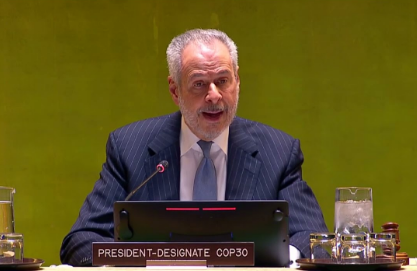
At the opening of COP30 in Belém, the president of the talks, André Corrêa do Lago, issued a stark warning: richer nations appear to have lost their enthusiasm for addressing the climate crisis. While parts of the global south — and notably China — are increasingly showing leadership in the clean‑energy transition, many industrialized countries are falling behind.
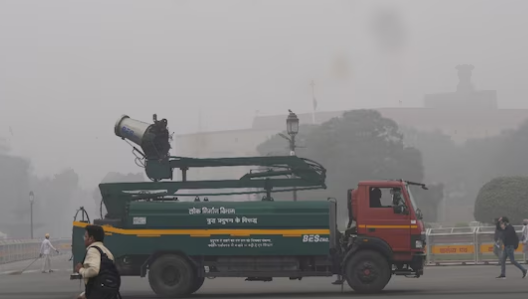
Despite forecasts of light rainfall, Delhi continues to struggle with toxic air as pollution levels remain alarmingly high. On Monday, the national capital recorded a minimum temperature of 17.3°C — slightly above the seasonal average — with humidity levels touching 94% by morning. The skies stayed partly cloudy with a possibility of light rain later in the evening, but even that offered little respite from the worsening smog.

A Stanford University-led study reveals that immersive virtual reality (VR) experiences can significantly enhance people’s emotional connection to climate change. While millions already face the realities of floods, heatwaves, and unpredictable weather, many still perceive climate change as a distant issue. In India, where nearly two-thirds of people report having personally experienced extreme climate events, this sense of detachment remains a major challenge.
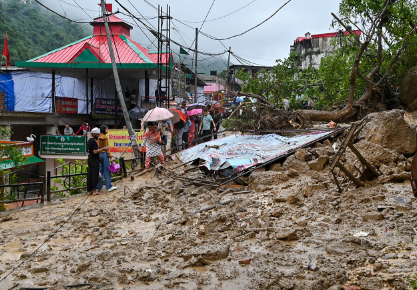
In Himachal Pradesh, torrential rainfall over recent days has triggered widespread landslides and flash floods, prompting authorities to close educational institutions in multiple districts as a precautionary measure.
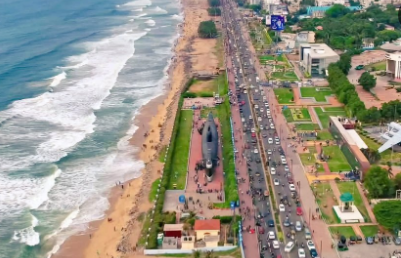
A recent analysis indicates that Andhra Pradesh is likely to experience a 20 cm sea-level rise by 2050—a stark warning of the intensifying impacts of global warming. This regional forecast aligns closely with global projections by the Intergovernmental Panel on Climate Change (IPCC), which estimate a 15–30 cm rise in sea levels globally by mid-century
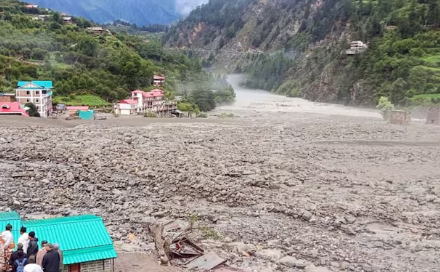
On August 5, 2025, the tranquil Himalayan village of Dharali in Uttarkashi was suddenly devastated by a flash flood, triggered by what was initially identified as a cloudburst. In just minutes, torrents of water, mud, and debris swept through the settlement, destroying hotels, homes, and even the local market, leaving at least five dead and up to 100 people missing.
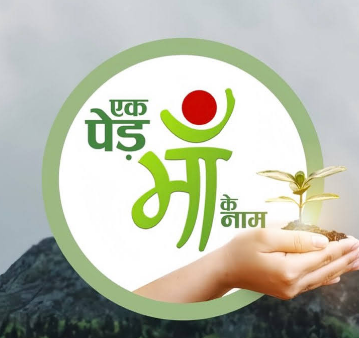
On June 5, 2025, on the occasion of World Environment Day, Prime Minister Narendra Modi inaugurated Ek Ped Maa Ke Naam 2.0, the second phase of his nationwide tree-planting campaign, by planting a banyan sapling at Mahavir Jayanti Park in New Delhi. This initiative aims to plant 10 crore trees between June 5 and September 30, 2025, blending environmental stewardship with a personal tribute inspired by motherhood.
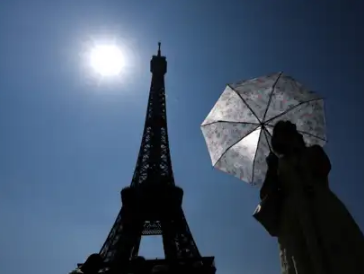
A rapid analysis by the World Weather Attribution group—led by researchers at Imperial College London and the London School of Hygiene & Tropical Medicine—reveals that the late June 2025 heatwave was far more deadly due to human‑driven climate change. Between 23 June and 2 July, an estimated 2,300 people died in 12 major European cities, with ~1,500 of those deaths—around 65%—directly linked to fossil fuel‑driven warming.
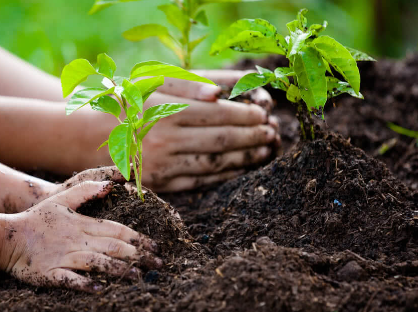
On July 9, 2025, Uttar Pradesh launched a monumental afforestation effort, planting 37 crore saplings in a single day—surpassing last year’s tally by 2 crore. Dubbed “Ek Ped Maa Ke Naam 2.0”, the drive blended ecological conservation with emotional resonance, urging citizens to dedicate trees to their mothers and share geo-tagged photos online.
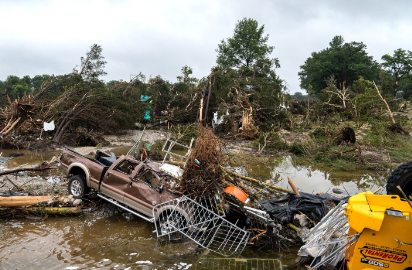
This summer, the U.S. is witnessing an alarming increase in flash flooding, driven by a warming atmosphere that holds more moisture, leading to heavier, more frequent storms. According to nonprofit Climate Central and CNN, the frequency and intensity of intense summer downpours across the U.S. have surged, with hourly rainfall rates increasing markedly.